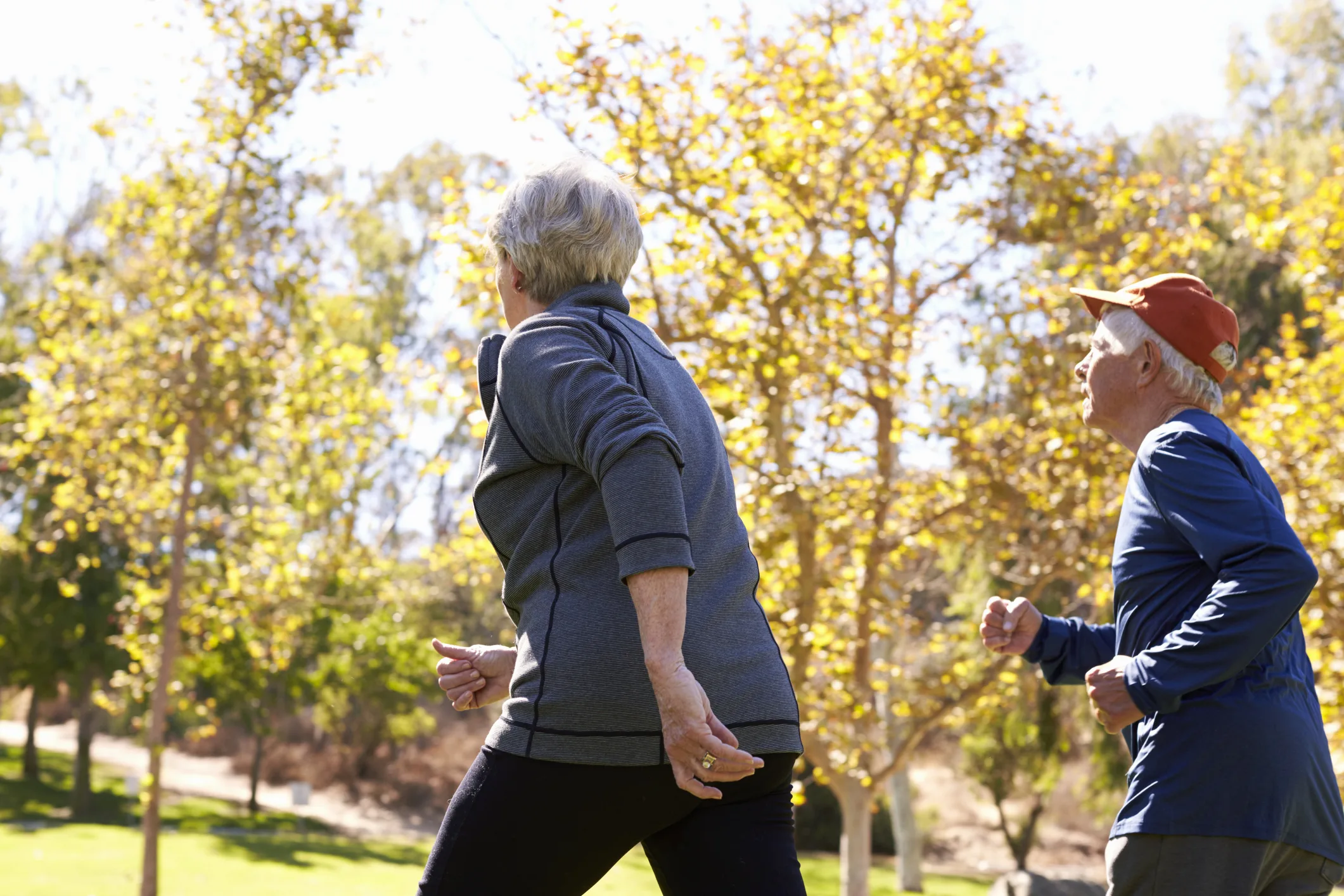Warren Buffet, the multibillionaire investor and CEO of Berkshire Hathaway, recently held his annual shareholders meeting a couple of weeks ago. There were two major announcements made. The first, Buffet said he will be stepping down as CEO of the company he’s run for over 60 years. But more subtle, and we think important, was this statement:
“At 94 years of age, I’ve been able to drink whatever I like to drink,” Buffett said, picking up one of his Coke cans.
People have long issued dire warnings about the dangers of a soda habit, but Buffett said it didn’t seem to be a problem for him or his late business partner, Charlie Munger, who lived to 99.
Buffett has previously said he grabs McDonald’s for breakfast on his drive to work, drinks five cans of Coke a day, and devours Dairy Queen ice cream. He’s known for loving unhealthy foods such as hot dogs, fries, popcorn, cookies, and candy.
How is this possible?
“I think happiness makes an enormous amount of difference in terms of longevity,” Buffett said in a 2023 interview. “And I’m happier when I’m drinking Coke or eating hot fudge sundaes or hot dogs.”
Could happiness be the secret elixir to longevity?
We all know or have heard of people who smoked their entire lives and lived to their 90’s. Now we hear of 2 individuals who ate anything they wanted and lived (or are still living) into their 90’s.
For decades, the focus on extending lifespan has heavily emphasized the physical realm. We meticulously track macronutrients, obsess over antioxidant levels, and diligently follow exercise regimens. While these efforts are valuable, they often neglect the equally powerful influence of our emotional landscape. Happiness, in its various forms – from fleeting moments of joy to a sustained sense of purpose – isn’t just a pleasant feeling; it’s a potent biological force that can profoundly impact our health and, consequently, our longevity.
Consider the physiological effects of chronic stress, the antithesis of happiness. Constant worry and anxiety trigger the release of cortisol, a stress hormone that, over time, can wreak havoc on our bodies. Elevated cortisol levels are linked to increased inflammation, weakened immune function, higher blood pressure, and an increased risk of cardiovascular disease – all significant contributors to a shortened lifespan.
Conversely, happiness and positive emotions trigger a cascade of beneficial biological responses. Studies have shown that individuals with a positive outlook tend to have lower levels of cortisol, more stable blood pressure, and a stronger immune system. Laughter, for instance, has been shown to reduce stress hormones, increase the release of endorphins (natural mood boosters and pain relievers), and even improve blood flow. A strong social network, often a byproduct of a happy and engaged life, provides emotional support and reduces feelings of isolation, further contributing to better health outcomes.
The famous Blue Zones, regions around the world where people consistently live remarkably long and healthy lives, offer compelling insights. While their diets vary, a common thread weaving through their cultures is a strong sense of community, purpose, and overall life satisfaction. These individuals prioritize social connections, have a clear role within their society, and experience lower levels of stress, suggesting that happiness and social integration are integral to their longevity.
Takeaway
While we do not advocate eating unhealthfully, we do advocate being, and putting yourself into situations and a lifestyle, that makes you happy. Happiness often fosters healthier lifestyle choices. People who are generally happier are more likely to engage in regular physical activity, maintain healthier eating habits (not out of strict obligation, but out of a sense of self-care), and avoid risky behaviors. This creates a positive feedback loop where happiness promotes healthy habits, which in turn contribute to greater well-being and potentially a longer life.
Source:
Prospective associations of happiness and optimism with lifestyle over up to two decades
Association Between Subjective Well-being and Living Longer Without Disability or Illness











